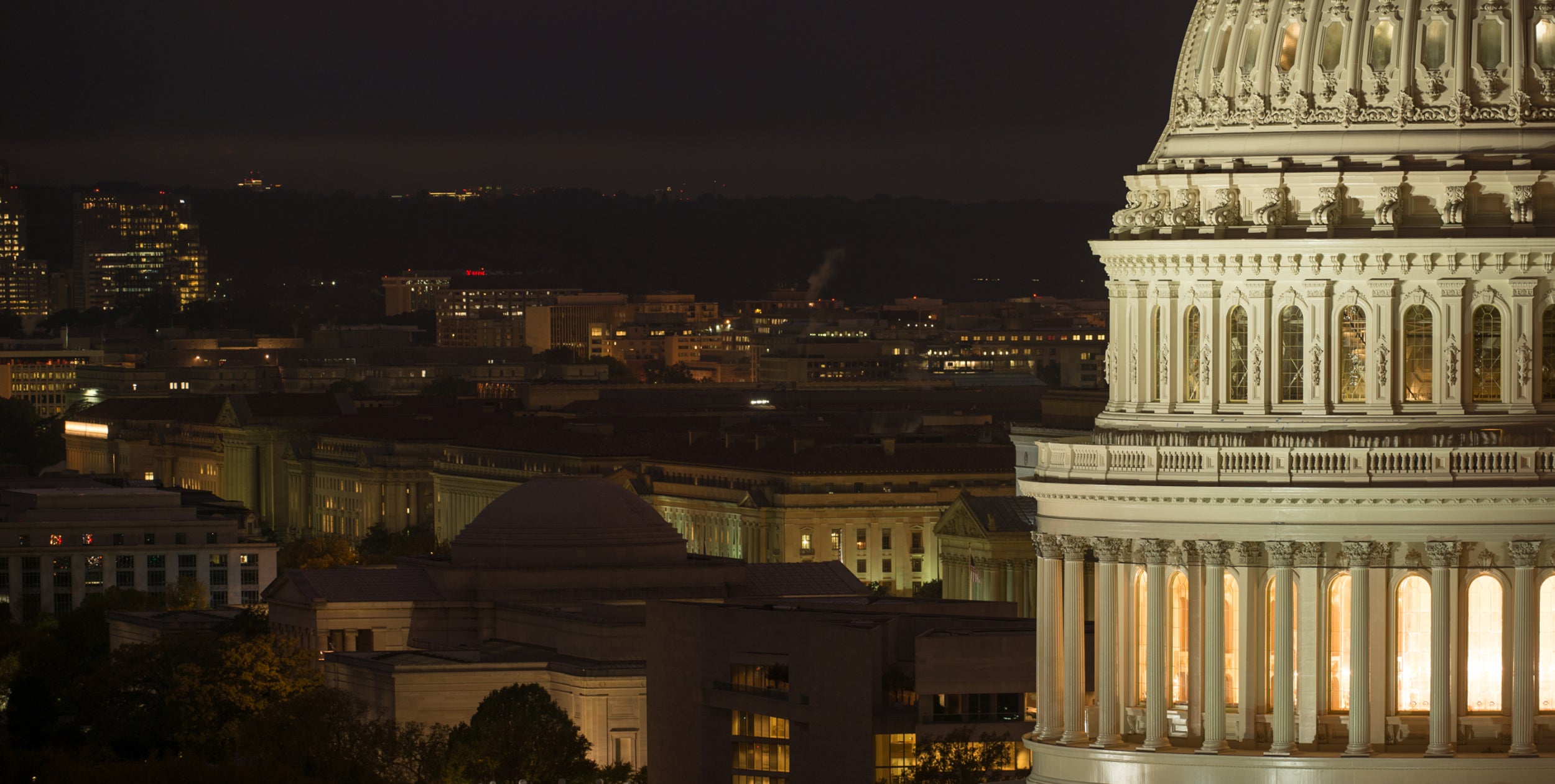No Vote on Base Closing This Year
No Vote on Base Closing This Year

By an 89-8 vote, the Senate passed its version of the 2018 National Defense Authorization Act without taking up dozens of controversial amendments, including one that would have set up a process for base closing.
Senate passage of the annual defense policy bill sets the stage for negotiations to begin between the House, Senate and White House on final details of an almost $700 billion measure. Among the details to be worked out is how big the Army will be allowed to grow during fiscal 2018.
The House and Senate versions of the bill include increases in Regular Army, Army National Guard and Army Reserve troop levels, but there are big differences. The House allows a 10,000-soldier increase in the Regular Army. The Senate allows a 5,000 increase. The House increases the Army National Guard by 4,000, to the Senate’s 500. The Army Reserve increases by 3,000 under the House bill, but just 500 in the Senate.
Base closing, highly sought by the Trump administration, is supported by Sen. John McCain, R-Ariz., the Senate Armed Services Committee chairman, and Sen. Jack Reed of Rhode Island, the committee’s ranking Democrat, but the McCain-Reed proposal setting up a base-closing process was one of hundreds of amendments abandoned by the Senate when debate on the bill became bogged down by legislative procedure.
Also left unpassed was an amendment by Sen. Tom Cotton, R-Ark., that would have ended the threat of sequestration cutting future defense budgets.
Because base closing is not authorized in either the House or Senate bills, the issue appears to be dead until the fiscal 2019 budget. Sequestration and defense budget caps could still be addressed by Congress as part of a larger budget resolution.
The Senate version of the bill includes about $37 billion more in defense spending than requested by the administration, and exceeds by $91 billion the caps on defense spending set in the 2011 Budget Control Act. Those increases will only be possible if Congress amends or agrees to somehow circumvent the law’s budget limits.

